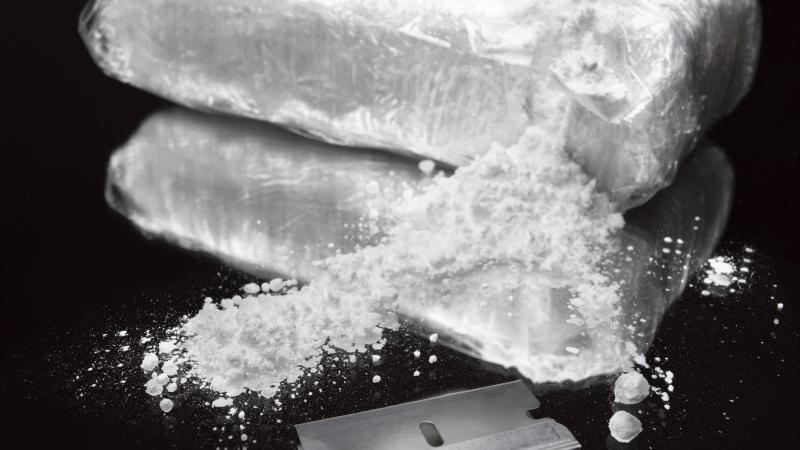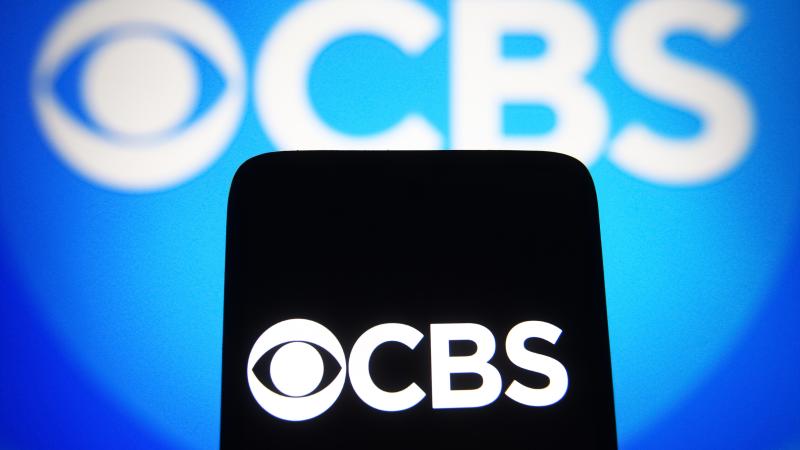As Watergate scandal turns 50, alleged DOJ malpractice against Trump allies echoes distant past
Recently surfaced documents suggest Watergate defendants may not have received due process, according to legal experts.
Fifty years ago, a federal grand jury indicted seven men for conspiring three months earlier to break into the Democratic National Committee's headquarters at the Watergate Complex in Washington, D.C. in order to plant surveillance devices and steal and photograph documents.
The ensuing scandal that unfolded over the next two years, known to history as Watergate, culminated in the resignation of President Richard Nixon and the conviction of some two dozen members of his administration.
Five decades later, many prominent voices, from historians to journalists, are invoking Watergate while discussing the Justice Department's focus on former President Donald Trump and his associates as part of the government's probe into the Jan. 6 Capitol breach, trying to draw a historical analogy.
Trump himself and some of his allies, meanwhile, have also invoked Watergate to tar their political rivals and bolster their own defense amid various probes, to the chagrin of Trump critics and the news media.
"In everything from casual statements and tweets to formal court filings, Trump himself — along with his staff and supporters — has been framing a version of events that feels not just unfamiliar to many Americans, but which people who lived through it likely never thought possible," Politico reported in July. "In this story, President Richard Nixon is no longer necessarily the conductor of a sprawling attempt to cover up crimes, stamp out investigations and bully people. Instead, it's a question mark."
However, recently surfaced documents have caused some experts to question how the Watergate prosecutions were conducted — and whether defendants were given due process under law as guaranteed by the Constitution.
These renewed questions about Watergate have in turn created another potential comparison between Trump and Watergate: alleged impropriety by the Justice Department — particularly federal prosecutors— and even presiding judges.
In recent years, four batches of internal prosecutorial documents related to the Watergate prosecution have surfaced — in large part due to Freedom of Information Act filings by author and attorney Geoff Shepard, who served in the Nixon administration.
Shepard was one of the panelists at a symposium hosted by the conservative/libertarian legal organization Federalist Society on Thursday to discuss the trove of documents and how they may change the widely accepted narrative that has become a fixture of American historical memory and culture.
The other panelists were George Washington University law professor Stephen Saltzburg, Judge Paul Diamond of the U.S. District Court for the Eastern District of Pennsylvania, and Judge Laurence Silberman of the U.S. Court of Appeals for the D.C. Circuit.
One of the main revelations from the documents was that several so-called ex parte meetings took place during the Watergate prosecution between judges and prosecutors that, according to the panelists, undermine the entire prosecutorial effort and raise legitimate questions about whether the defendants received due process.
Leon Jaworski, for example, served as the second special prosecutor during the Watergate scandal. In that role, he met several times in secret with the district judges overseeing the case without defense counsel present, sometimes to discuss certain aspects of the case in advance, according to Jaworski's own memos and letters.
Both Diamond and Saltzburg described such meetings as unethical, arguing they undermine the integrity of the prosecution. Others have argued that the meetings are troublesome, even unbecoming of a judge, but don't meet the threshold to throw the entire outcome of the trial into doubt.
The documents also show how Chief Judge John Sirica of the D.C. District Court appointed himself as the Watergate trial judge — a fact that Shepard found especially problematic. He described efforts by the defendants to have a hearing held about Sirica's meetings with prosecutors to potentially recuse him and assign the responsibility for selecting the trial judge to the judges on the District Court's Calendar Committee.
The American Civil Liberties Union filed an amicus brief in support of the defendants' push for such a hearing, arguing "the right of a defendant to have his case heard before an impartial judge is an elementary ingredient of the constitutional requirement of a fair trial."
Shepard also said the documents indicated a seemingly politicized selection of Watergate defendants, pointing to the fact that Republican and unapologetic Nixon defender Charles Colson was indicted despite prosecutors acknowledging it was a weak case while William Bittman, a Democrat recommended for indictment twice by the Watergate Task Force, was ultimately omitted.
The Watergate documents also suggest possible suppression of exculpatory evidence, with internal memos showing the prosecution didn't share with the defense information undermining the credibility of the government's two lead witnesses, John Dean and Jeb Magruder.
Federal prosecutors are required by law to share with the defense lawyers any information they come across that would be helpful to the defense in the case.
Thursday's discussion of these documents coincided with the Justice Department continuing to come under intense scrutiny for allegedly weaponizing federal law enforcement to target allies of Trump and critics of the Biden administration.
Lawmakers, legal experts, and whistleblowers have decried the department's perceived anti-conservative bias, use of unnecessary, strong-arm tactics against those deemed political opponents, and evasion of accountability for alleged misconduct.
The Federalist Society's panel didn't mention Trump when concluding the symposium with lessons learned from the Watergate scandal, but the parallels between then and now were hard to miss.
"Independent prosecutors don't work," said Shepard, who also decried the news media in the 1970s for being universally hostile to Nixon. He added that a "free and vibrant press" that's fair and neutral is crucial to ensuring due process and the rule of law.
Silberman agreed that the "hostility of elites and the media" against Nixon and his administration made a hard situation for the country worse and more divisive.
According to Diamond, however, nothing else matters if the government doesn't do its job with integrity.
"Prosecutors need to honor their oath of office," he said.
As federal prosecutors come under fire for ongoing investigations focusing on Trump — and in the wake of the Trump-Russia investigation, discredited by numerous, subsequently revealed incidents of apparent Justice Department misconduct — the recently surfaced Watergate documents may have relevance not just to history but also to current proceedings.













